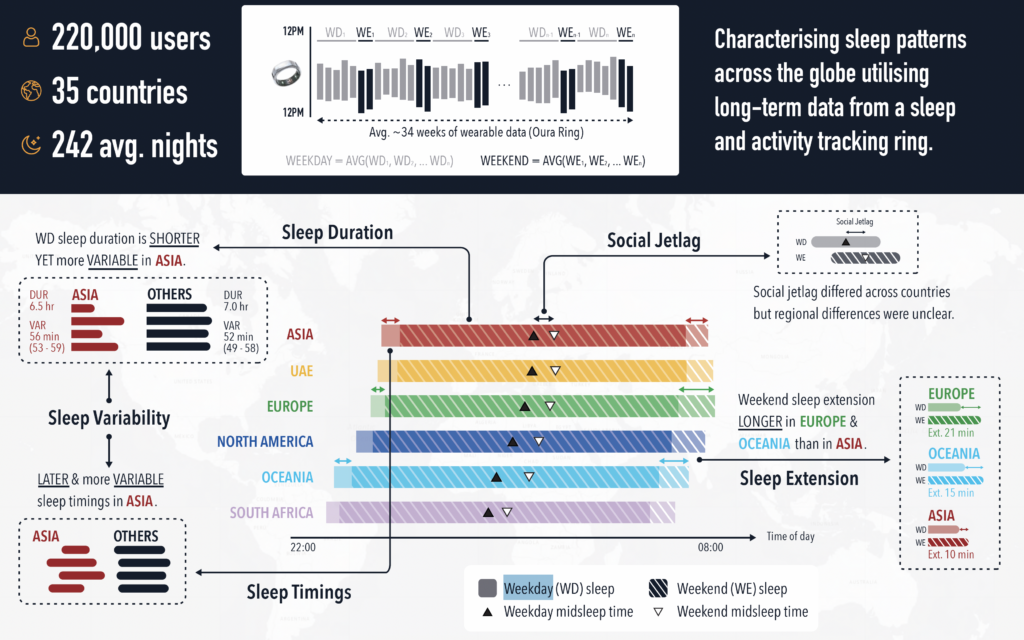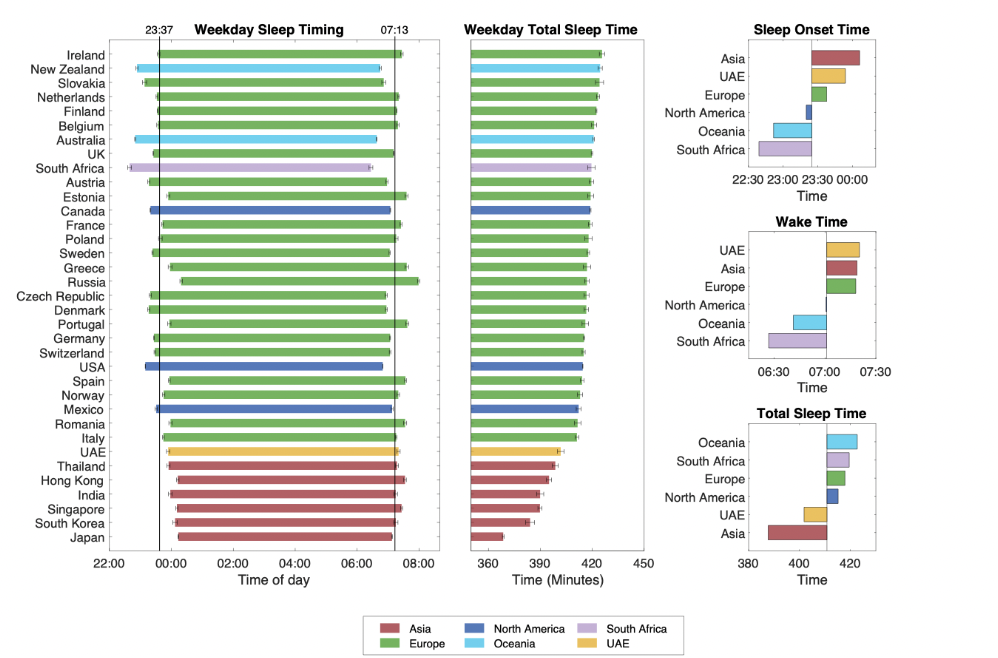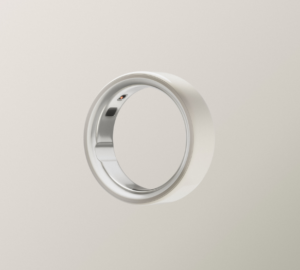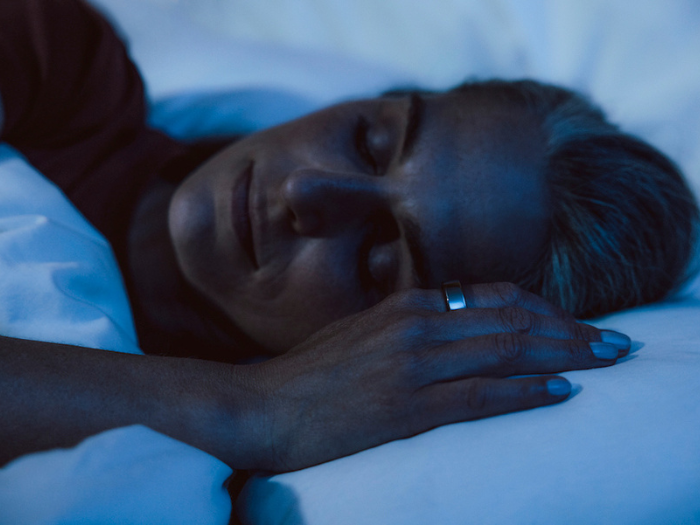A new study by researchers from the National University of Singapore and Oura researchers Iman Alikhani and Mari Karsikas examined sleep duration and quality across 35 countries — specifically, how duration differs throughout the week.
This large-scale study is first-of-its-kind, with more than 50 million nights of sleep used in the analysis. Traditional sleep research uses self-report questionnaires and survey data, which has its limitations. In this study, participants used an Oura Ring to accurately track their sleep, to provide reliable insights into sleep variability.
RELATED: How Does the Oura Ring Track My Sleep?
Read the full study here.
Study Design
Data from more than 50 million nights of sleep was collected from over 220,000 people wearing the Oura Ring Gen 2, spanning 35 countries over a 52-week period. Daily measures were averaged for each week and weekend of the analysis period. These averages were collected and statistically analyzed.
This extensive sample pool helped to ensure it was truly representative of each person’s sleep, making it possible to minimize the effects of outlier nights (e.g. brief periods of illness or daylight savings changes).
The researchers hoped to learn more about when people go to sleep, how long they sleep, and how this differs between weekdays and weekends in different parts of the world.
Key Findings
Sleep Duration and Quality
- People in Asia slept less than those in other parts of the world by up to 45 minutes, which researchers hypothesized to be due to long work days, a sub-optimal sleep environment, caregiving, life stressors, and illness.
- Women slept longer than men by approximately 25 minutes, and had higher sleep efficiency.
- People in Asia fall asleep later than those in Europe, who in turn, fell asleep later than those in North America and Oceania.
- People in Asia and Europe woke later than those in North America and Oceania.
- Countries with the shortest sleep also had the lowest sleep efficiency.

READ MORE: Oura Data Shows How Members’ Chronotypes Vary By Age, Gender, and Country
Weekend/Weekday Differences
- On average, people slept five to 25 minutes longer at the weekend.
- Europeans slept in more during the weekend than people in Asia, despite the fact Europeans sleep longer during the week. This may be partially due to differences in weekday and weekend work culture.
- People fell asleep 15 to 35 minutes later at the weekend and woke up 30 to 60 minutes later.
- Weekday total sleep time had the strongest effect on weekend total sleep time difference; shorter weekday sleep is associated with longer weekend sleep extension.

LEARN MORE: 2022 Year in Review: Find Out Which Countries Had the Best Sleep Scores, Most Nappers, & More
What’s Next?
The field of sleep research has reached new heights of advancement and insight, thanks to the emergence of sleep wearables like Oura providing researchers with an unprecedented wealth of objective data.
The study did not look at napping patterns, only nightly sleep. However, as the researchers articulate, naps are relatively uncommon in the USA and Northern Europe, but are more common in Asia. For example, in Japan there’s a phenomenon of falling asleep at your desk known as inemuri. This is perhaps why there is evident sleep debt in the research as it is not accounting for midday napping. Looking forward, more research could be done to develop this understanding.
This study offered a look into how culture shapes sleeping habits, which can contribute to our collective efforts in optimizing sleep quality and promoting overall well-being.
The researchers conclude, “What is considered ‘normal sleep’ differs around the world… it should not be defined solely according to norms or ideals derived from Western sleep research – social and cultural factors must be considered when interpreting results from sleep studies.”
Read the full study here.
LEARN MORE: Inside the Ring: Developing Oura’s Latest Sleep Staging Algorithm











